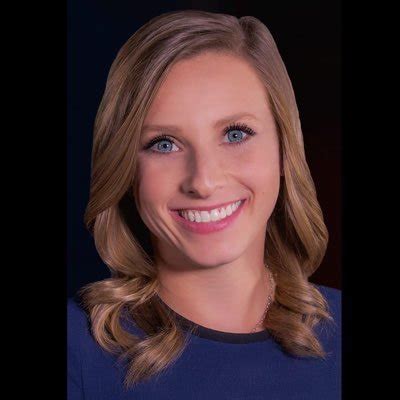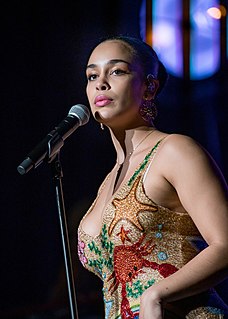A Quote by Laura Lippman
The verbs that are used for people who write quickly are almost never flattering.
Related Quotes
If you go through any newspaper or magazine and look for active, kicking verbs in the sentences, you will realize that this lack of well used verbs is the main trouble with modern English writing. Almost all nonfiction nowadays is written in a sort of pale, colorless sauce of passives and infinitives, motionless and flat as paper.
Television is just amazing - how many people see it and how many people recognize you, and I think once you've had the opportunity and have been in front of the public, it's very flattering to have people come up and say hello to you. It's a tremendous industry. I've been in places where people come out of the woodwork. And you would never think - small towns in France or traveling through Europe - and there are so many of those people there that recognize you, and you've been in their homes. I find it to be a very flattering thing.



































